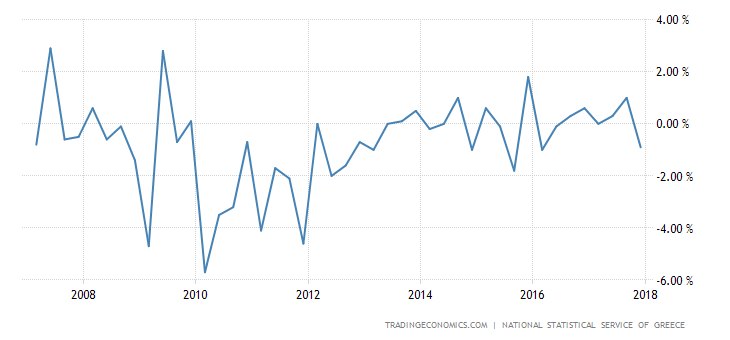- Joined
- May 12, 2014
- Messages
- 6,815
- Reaction score
- 4,420
- Gender
- Male
- Political Leaning
- Liberal
Please provide proof where I said any of that, otherwise all you have proven is that lies are the only argument you have. When you yourself admit that MMT believers are in the huge minority then MMT loses by default. Calling the huge majority morons doesn't prove your case but I realize that's the only argument YOU have.
Oh, don't be coy, you've said it a million times. You have also admitted to having zero education in economics, as well as no secondary education of any sort. And as you also admit to having provided zero proof of all of your claims, I win the debate, by your own admission.


